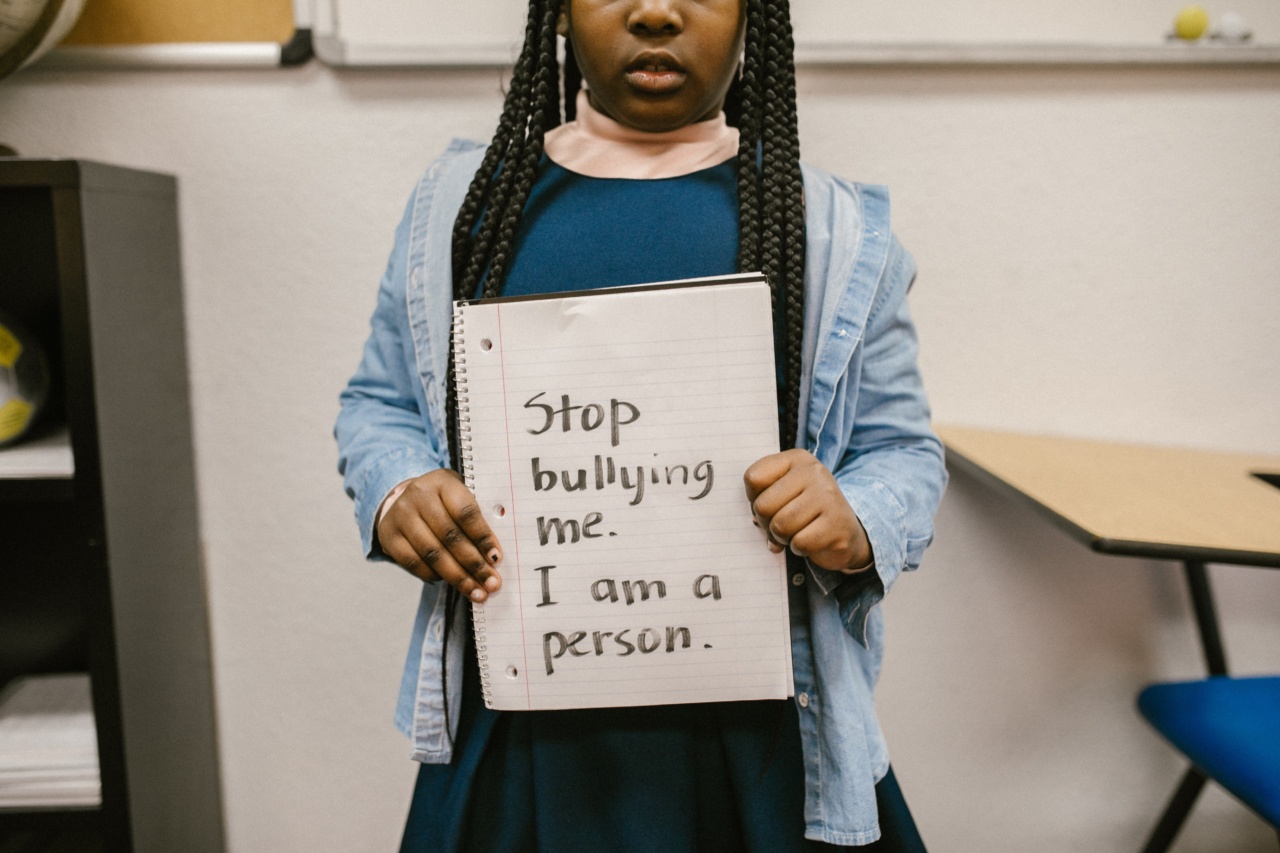Rejection is a difficult experience for anyone, especially for children.
Whether they’ve been rejected by a friend, a sports team, or a school club, it’s important as a parent to know how to support and comfort your child during these tough times. While it may be tempting to brush off their feelings or offer quick solutions, it’s crucial to find the right words to say to acknowledge their emotions and help them navigate this challenging situation.
Here are some suggestions on what to say to your child when they’re rejected:.
1. Validate their feelings
Start the conversation by letting your child know that their feelings are valid and completely normal. Rejection can be hurtful and disappointing, and it’s important for them to know that their emotions are understandable.
Use phrases such as, “I understand that you’re feeling sad right now” or “It’s okay to feel upset about this.”.
2. Encourage expression
Give your child the space and opportunity to express their feelings openly. Encourage them to talk about what happened, how it made them feel, and any concerns or questions they may have. Active listening is key during this conversation.
Try phrases like, “Tell me more about what happened” or “I’m here for you, and I want to listen.”.
3. Show empathy
Let your child know that you understand what they’re going through by sharing similar experiences from your own life. This can help them feel less alone and more supported.
For example, you could say, “I remember feeling rejected when I didn’t make the basketball team in high school. It was really tough, and I understand how you’re feeling right now.”.
4. Highlight their strengths
Rejection can often make children doubt their abilities and self-worth. Remind your child of their strengths, talents, and accomplishments.
Reinforce their positive qualities by saying things like, “You’re such a talented artist, and this rejection doesn’t change that” or “I’ve always admired how kind and caring you are towards others.”.
5. Encourage resilience
Teach your child the importance of resilience and the ability to bounce back from rejection. Explain that setbacks are a part of life and can serve as valuable learning experiences. Encourage them to keep trying and working towards their goals.
Use phrases like, “I believe in your ability to overcome this” or “Remember, every successful person has faced rejection at some point.”.
6. Offer perspective
Help your child gain perspective by reminding them that rejection doesn’t define their worth or determine their future success. Share stories of well-known individuals who faced rejection but ultimately achieved great things.
This can inspire and motivate your child. For instance, you could talk about how famous authors received countless rejection letters before finally getting published.
7. Discuss alternative options
If the rejection relates to a specific opportunity or activity, explore alternative options with your child. Brainstorm together and come up with other potential activities, hobbies, or groups that align with their interests.
This can help shift their focus from the rejection to new possibilities. Say things like, “What other clubs or teams could you join?” or “Is there a different way we can explore your interests?”.
8. Teach healthy coping mechanisms
Rejection can trigger a range of emotions, including anger or frustration. Help your child develop healthy coping mechanisms to deal with these feelings.
Encourage them to engage in activities they enjoy, such as reading, drawing, or playing a musical instrument. Remind them that it’s okay to take a break and relax when they need to.
9. Foster a supportive environment
Ensure that your child knows they can always rely on you for support and understanding. Create an open and non-judgmental space where they can freely express themselves.
Encourage them to reach out to friends or other family members if they need someone to talk to as well. Let them know that seeking help is a sign of strength.
10. Remind them of their worth
Above all, remind your child that they are loved, valued, and appreciated for who they are. Reinforce the idea that rejection does not diminish their worth as a person.
Affirm their qualities and potential, emphasizing that their value goes beyond any specific situation. Say things like, “You are an amazing person, and this rejection doesn’t change that” or “We love you for exactly who you are.”.
Remember, every child is unique, and the way they respond to rejection may differ. Adapt your approach to best suit your child’s personality and needs.
By providing comfort, support, and guidance, you can help your child navigate the complexities of rejection and build resilience for the future.































